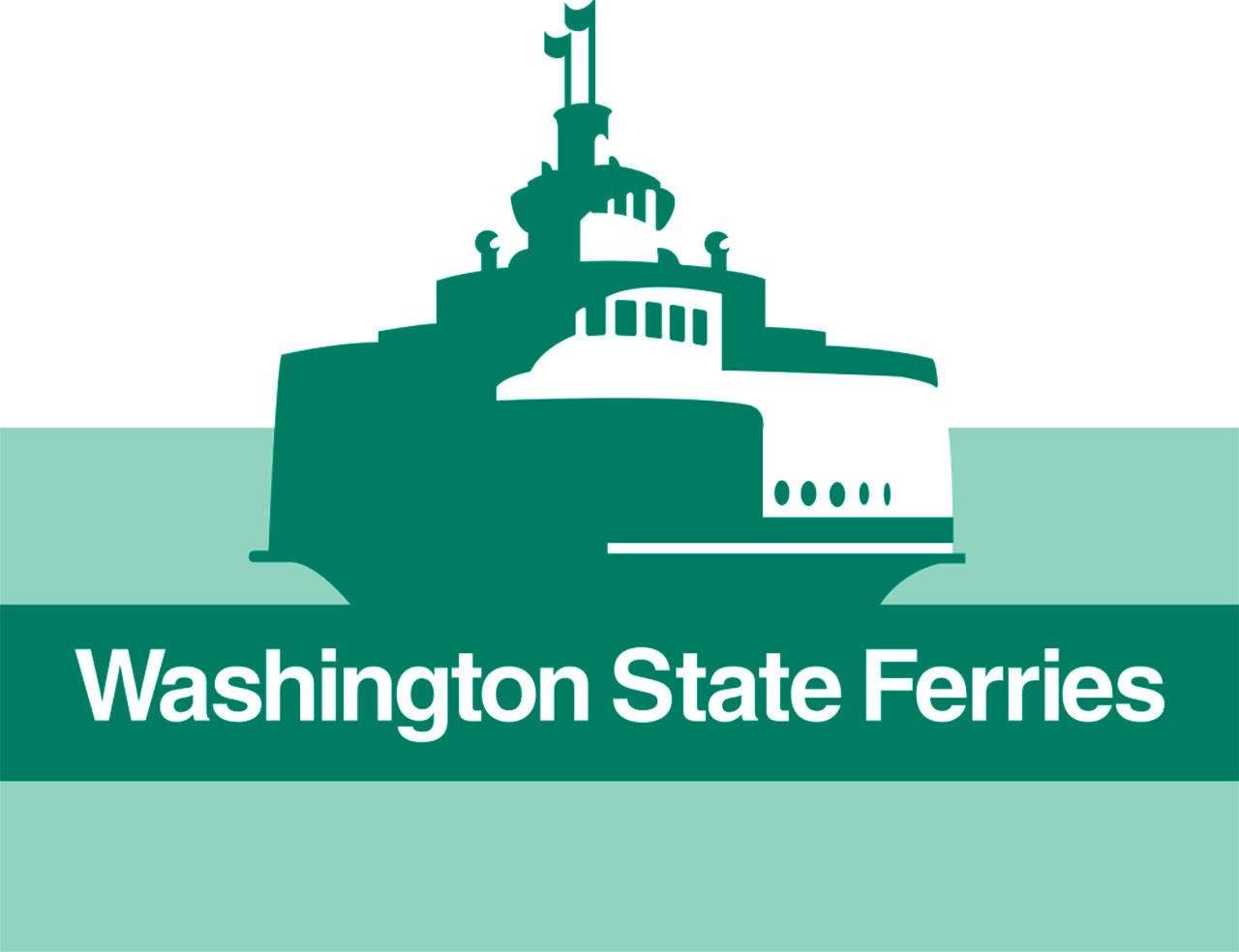The 30-minute advance arrival rule isn’t going anywhere, there isn’t enough money to fix the Elwha and islanders won’t get ferry fare discounts for being residents. These three topics and more were discussed during the second of two digital meetings with Washington State Ferries directors, which were held on Dec. 7 and 10.
“We have done a lot in order to reach out, listen, hear from you and respond to your questions,” WSF Assistant Secretary Amy Scarton said. “We wanted to try to reach more customers. We understand that often an in-person meeting isn’t always conducive to your work calendars or your family obligations and so we thought we’d see if folks can log on and join us electronically — virtually — today and be able to ask questions and hear from our team.”
The meeting began with Scarton reviewing WSF’s achievements in 2019, which included the completion of the long-range plan; getting Legislature’s authorization to build five new hybrid-electric boats; winning a grant to convert the existing Jumbo Mark II into hybrid-electric vessels; implementing the Whale Report Alert System; completing a sustainable action plan; and creating a new schedule for the Vashon route.
With the $30 car tab initiative passing in November, and the subsequent litigation against it, many in the ferry-served communities are worried about what this could mean for the organization’s future.
“We do not yet have the answers to how that initiative will affect the ferries budget or transportation budget as a whole,” Scarton said, adding that as soon as WSF does know, it will report to the public the related effects. “Right now, it’s business as usual.”
Gov. Jay Inslee is expected to release his 2020 budget soon, followed by adjustments that may be made by the Legislature during its session that begins in January.
A much-detested rule in the island community is the strict adherence of only accepting reservation holders until 30 minutes prior to the scheduled sailing time before bumping them to standby. One suggestion that has been given to WSF is adjusting the time to reflect the actual time the boat will sail as opposed to when it’s scheduled to.
“We would have a hard time administering a variable cut-off time for reservations,” Senior Planning Manager Ray Deardorff said.
Deardorff noted that the operations staff has put a lot of work into this topic and realizes it’s an important issue for the San Juan Islands community — especially for commercial truckers. He added that a variable cut-off could throw off the schedule for on-time vessels and cause confusion to the staff.
One attendee asked when the Elwha may return to service after having gone in for more steelwork in August. Previously, the Elwha required a $25 million replacement of its car deck steel.
“[WSF has] realized we could not get to the finish line with the funds available,” Deardorff said, adding that the organization is looking for alternative methods to pay for the needed steel. “We have taken a deeper dive into those criteria to make sure we’re making the right decisions on the Elwha.”
There is neither a cost nor an estimated time of return for the Elwha, though Deardorff said the steelwork would take several months to complete once it is funded.
With the recent 2.5 percent raise in ferry fares and another coming next fall, a couple of attendees questioned whether an income-based sliding scale fee could be introduced or if residents could receive some sort of discount.
“[A sliding-scale] would be a very challenging fare to implement, to say the least,” Deardorff said.
Scarton added that the agency has researched the Orca Lift reduced fare for Seattle-area transit riders and is researching ways that WSF could participate in that program. As for a residential discount? Deardorff said it can’t be done. After consulting with Washington State Attorney General Bob Ferguson, a resident discount would not be a legally defensible way to charge.
“We get requests for that often but it’s just not something, legally, we can do,” Scarton said.
An attendee asked whether WSF has any intention to update restroom facilities at the Lopez Landing or begin allowing eastbound reservations.
“The services at Lopez are very limited,” Terminal Engineering Director David Sowers said.
The terminal is located on a rock outcropping and the property’s geology makes for difficulty planning, Sowers explained. To accommodate restrooms — which are currently port-a-potties — WSF would need to find somewhere to place a septic system and a source for freshwater.
“It’s certainly something we’d like to add back into that facility,” Sowers said.
Regarding eastbound reservations, Deardorff said that the long-range plan calls for the investigation into reservations from both Lopez and Shaw with community participation anticipated toward the middle part of the upcoming decade with implantation occurring toward the end of the 2020s.
To read WSF’s 20-year plan, visit https://www.wsdot.wa.gov/sites/default/files/2019/01/07/WSF-2040-Long-Range-Plan-2019.pdf.
“We are going to continue to work on reducing our carbon footprint, we are going to continue to work on being a sustainable and reliable system,” Scarton said.




